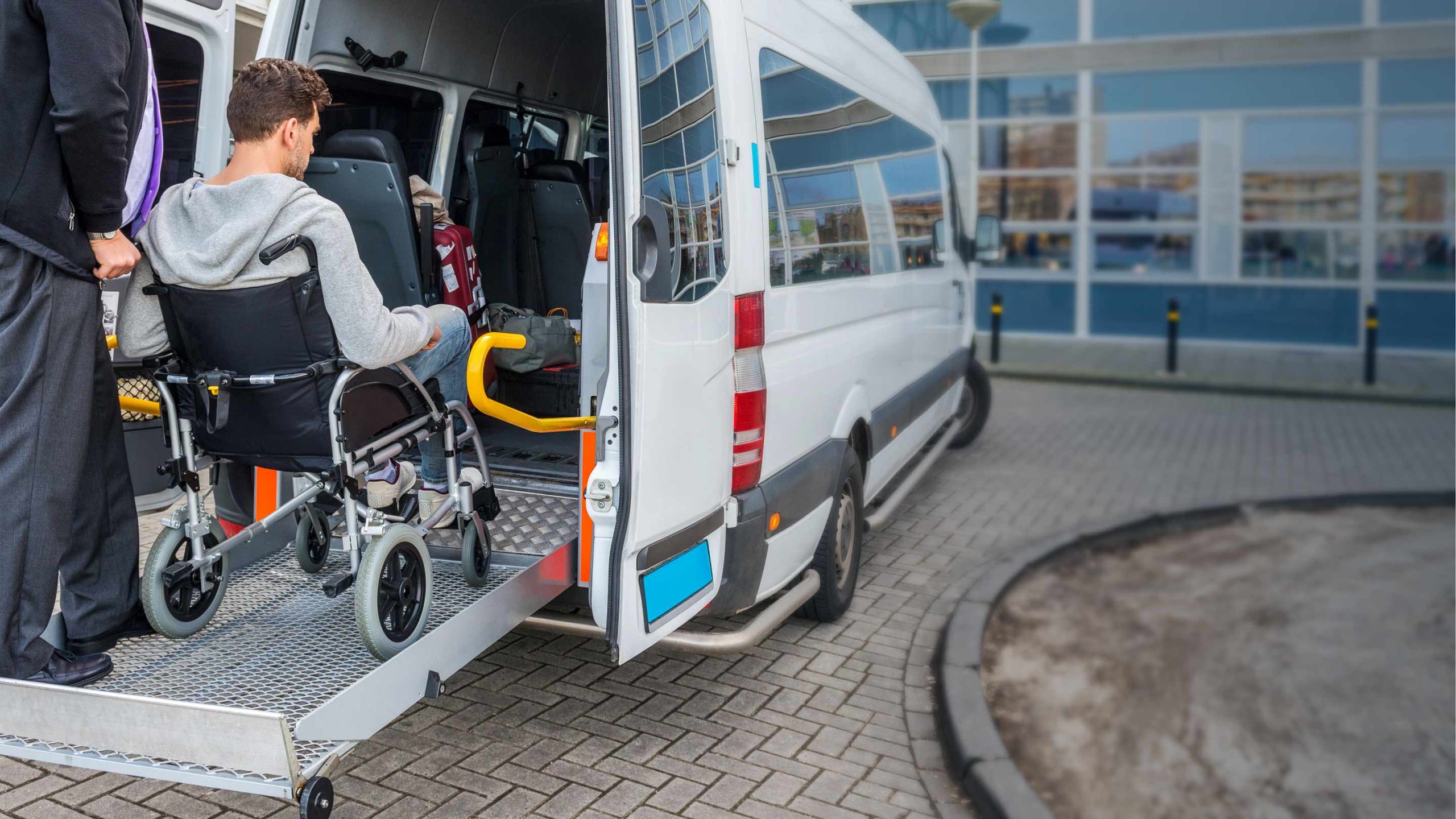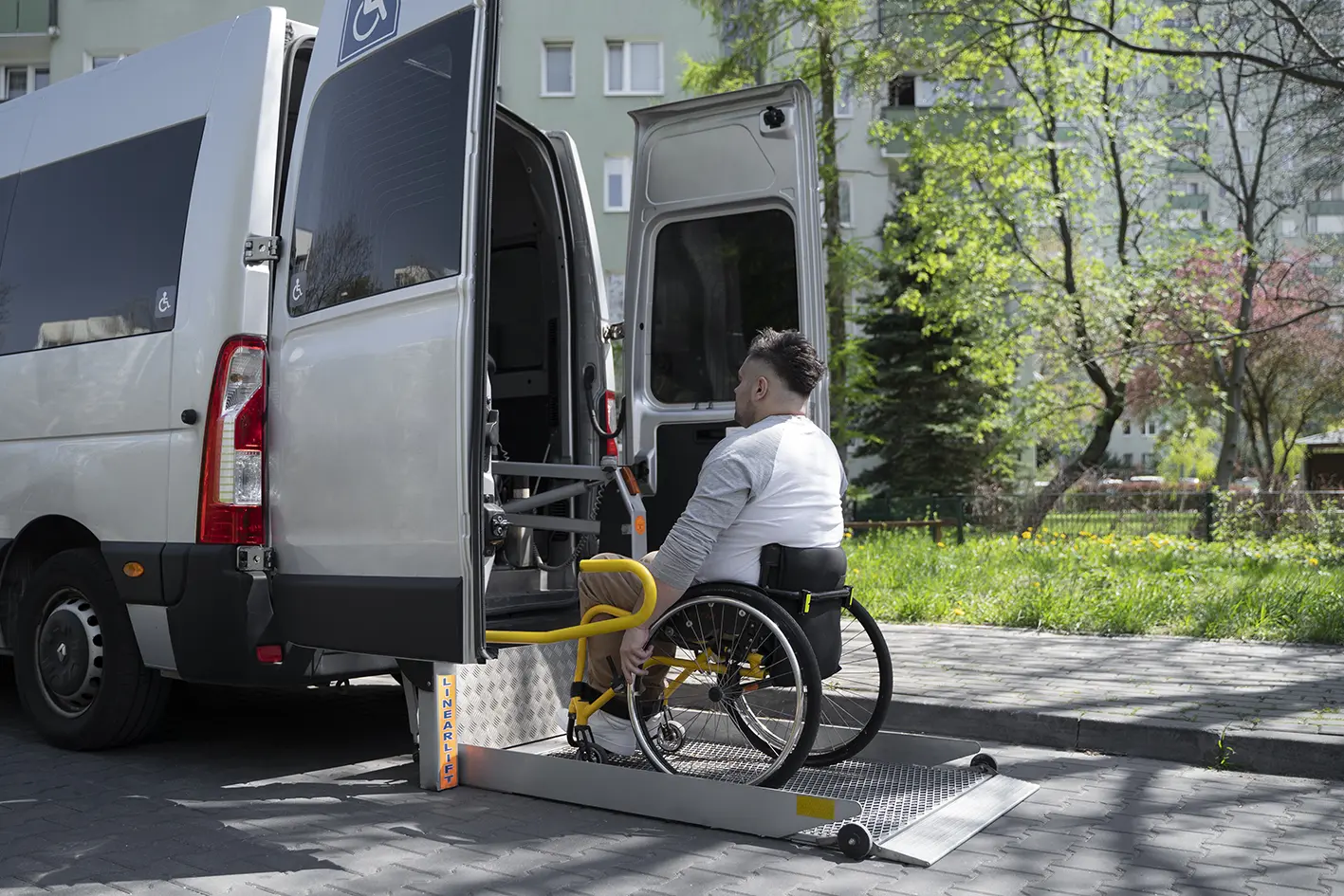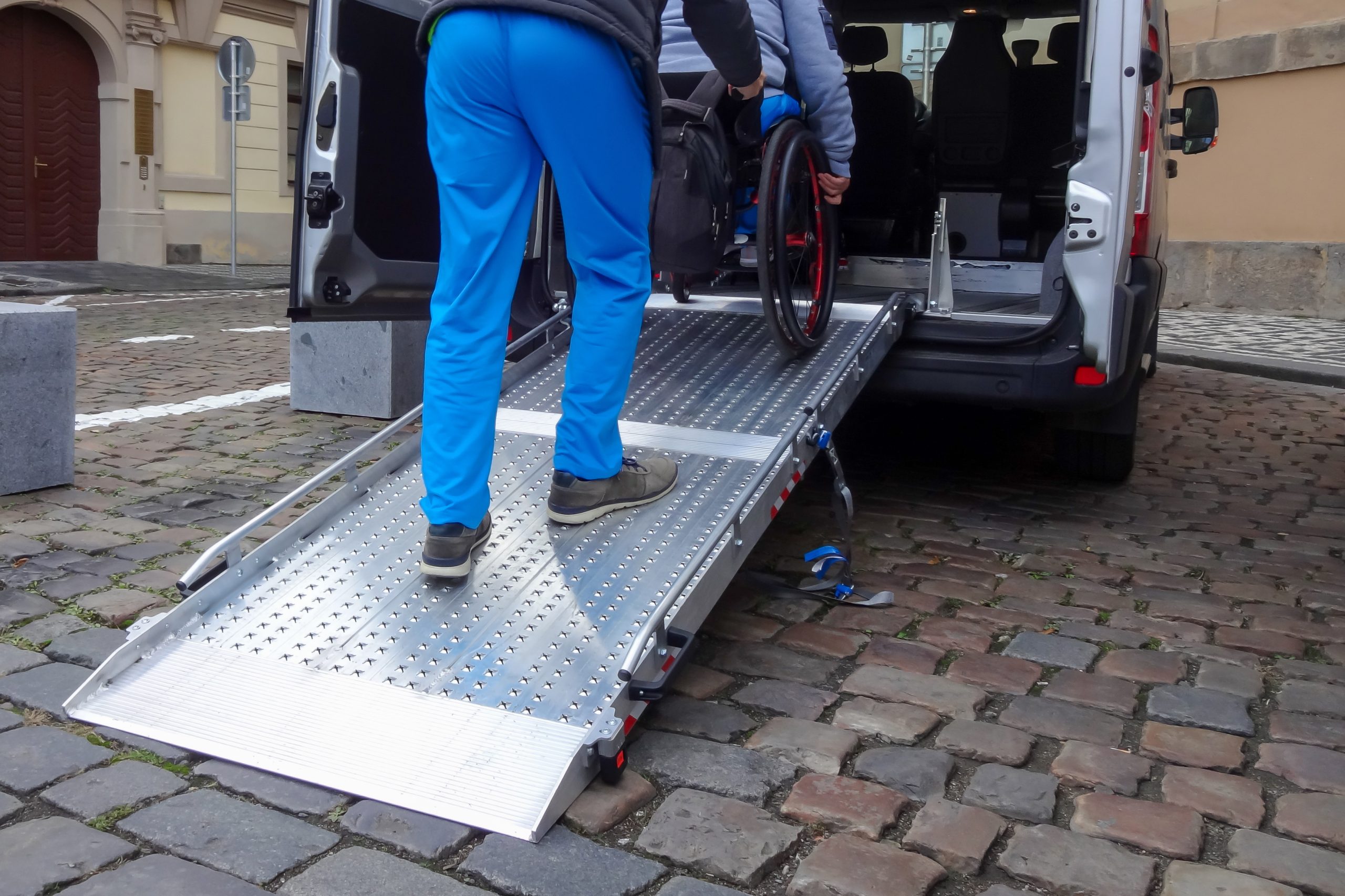Access to healthcare is not just about the availability of doctors or medical facilities—it’s also about how patients get there. For many individuals, especially seniors or those recovering from an illness, transportation can become a significant barrier. Ambulatory transportation provides a safe and reliable solution for patients who do not require a wheelchair or stretcher but still need assistance in reaching medical appointments.
This article explores what ambulatory transportation is, why it’s vital for patients, and how services like ambulatory medical transport in Westminster, MD, are helping bridge gaps in healthcare accessibility.
What Is Ambulatory Transportation?
Ambulatory transportation is a type of non-emergency medical transportation (NEMT) designed for individuals who can walk or require minimal support during travel. Unlike wheelchair or stretcher transport services, ambulatory transport caters to patients who are mobile but may be unable to drive due to health conditions, age, or post-surgery recovery.
Key features of ambulatory transportation include:
- Professional drivers trained in patient care and safety.
- Comfortable, accessible vehicles designed for easy entry and exit.
- Door-to-door service, ensuring patients are picked up and dropped off safely.
This service is ideal for routine healthcare appointments, physical therapy sessions, dialysis, or even hospital discharges where patients need a stress-free way to travel.
Why Is Ambulatory Transportation Essential for Patients?
Transportation challenges can lead to missed medical appointments, delayed treatment, and even worsening health conditions. Ambulatory transportation is essential because it offers more than just a ride—it provides reliability, safety, and peace of mind for patients and their families.
Here are some reasons why this service is vital:
- Reduces missed appointments: Patients without access to reliable transport are at risk of skipping essential treatments
- Promotes independence: Seniors and recovering patients can maintain independence without depending on relatives or friends for rides.
- Ensures safety and comfort: Professional drivers understand how to assist patients who may have mobility issues or require a slower pace.
- Cost-effective option: It’s often more affordable compared to private medical escorts or emergency transport.
With options like ambulatory care transportation in Westminster, MD, patients can enjoy tailored services designed to meet their healthcare and personal needs.
How Ambulatory Transportation Differs from Other Medical Transport Services
Medical transportation services are often categorized into emergency and non-emergency types. Ambulatory transportation stands apart because it is tailored for patients who are mobile but still need support.
- Emergency transport (ambulance services): Meant for life-threatening conditions and immediate medical attention.
- Wheelchair transport: Designed for patients who require wheelchair accessibility and specialized vehicle modifications.
- Ambulatory transport: Serves individuals who can walk but may need assistance or a stress-free travel solution.
This distinction makes ambulatory transportation the perfect middle ground for patients with minor mobility limitations.
Benefits of Ambulatory Medical Transport
For patients in Westminster and surrounding areas, ambulatory medical transport services provide a lifeline. Some benefits include:
- Local expertise: Drivers know the area and can ensure timely arrivals for medical appointments.
- Door-to-door assistance: From the patient’s home to the clinic or hospital, personalized help is available.
- Reliable scheduling: Appointments can be booked in advance, reducing last-minute stress.
- Peace of mind for families: Loved ones know that patients are traveling with trained professionals.
Ambulatory transportation services in Westminster are not just about convenience—they are a cornerstone of ensuring continuous and consistent healthcare.
Who Can Benefit from Ambulatory Transportation?
Ambulatory transportation caters to a wide range of individuals, including:
- Seniors who can walk but cannot drive due to age-related issues.
- Patients recovering from surgery or illness.
- Individuals who lack access to personal or public transportation.
- People attending recurring treatments such as dialysis, therapy, or check-ups.
This service is particularly helpful for those who live in areas with limited public transportation options.
How to Choose the Right Ambulatory Care Transportation in Westminster, MD
Choosing a trustworthy service is crucial. When selecting ambulatory transportation, consider the following:
- Experience and licensing: Make sure the provider is certified and experienced in non-emergency medical transportation.
- Vehicle quality: The vehicles should be clean, well-maintained, and designed for patient comfort.
- Driver training: Drivers should be trained to assist with mobility and understand patient needs.
- Reputation: Look for positive reviews or recommendations from healthcare professionals and previous clients.
By focusing on these factors, patients and families can ensure a safe and comfortable journey.
The Role of Ambulatory Transportation in Healthcare Access
Ambulatory transportation is more than a convenience—it’s a necessity for maintaining consistent healthcare. Missed medical appointments due to transportation issues can have serious consequences, including delayed diagnoses or treatment interruptions.
Reliable ambulatory transport services allow patients to focus on healing, knowing that getting to and from appointments will not be an obstacle. This service also reduces the burden on family members who may struggle to provide frequent transportation.
FAQs
- Who qualifies for ambulatory transportation?
Ambulatory transportation is for individuals who can walk or require minimal assistance but cannot drive themselves due to health or mobility concerns. - Is ambulatory transportation covered by insurance?
Some insurance plans or Medicaid programs may cover non-emergency medical transportation, including ambulatory transport. Patients should check with their provider. - What types of appointments can ambulatory transportation be used for?
It can be used for doctor visits, physical therapy, dialysis, dental appointments, hospital discharges, and other non-emergency healthcare needs. - How do I schedule ambulatory medical transport in Westminster, MD?
Most providers allow scheduling through phone calls or online booking. Advanced scheduling ensures availability and punctual service. - What is the difference between ambulatory and wheelchair transportation?
Ambulatory transport is for patients who can walk, while wheelchair transportation is for individuals who require wheelchair access and specialized vehicles.
Comments are closed or not available on this post.




